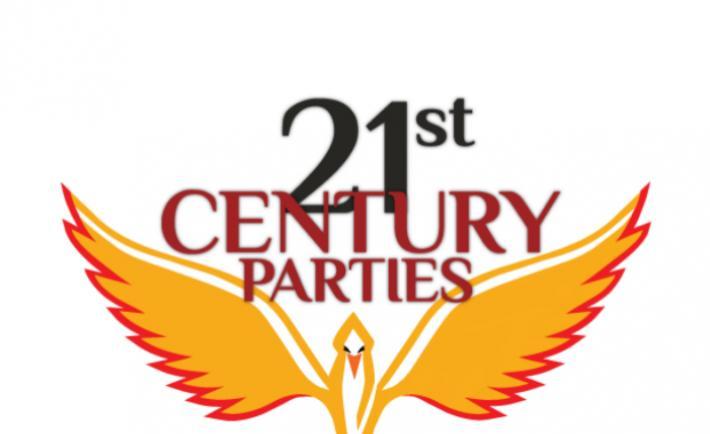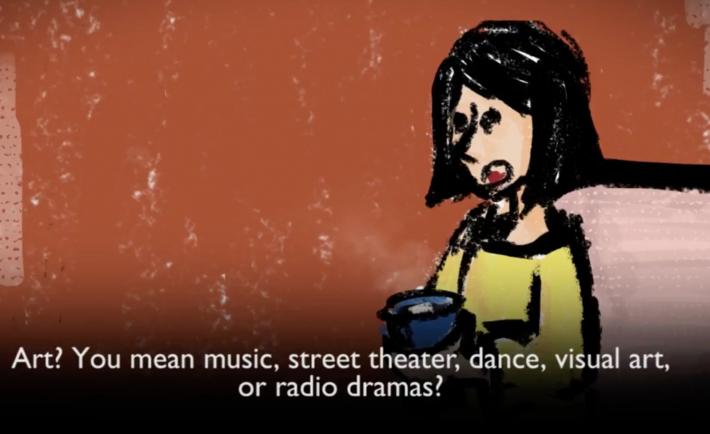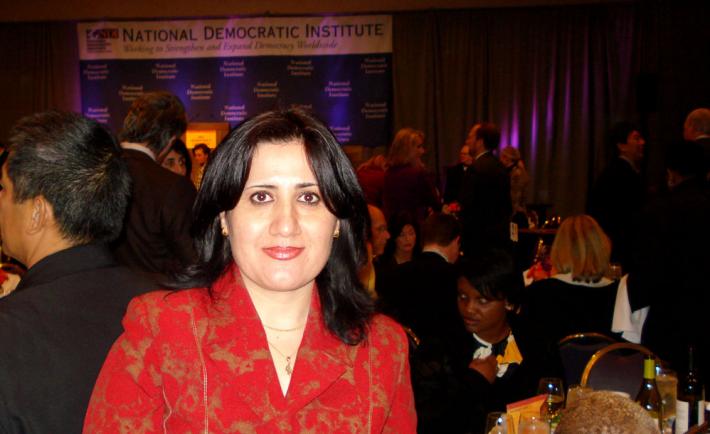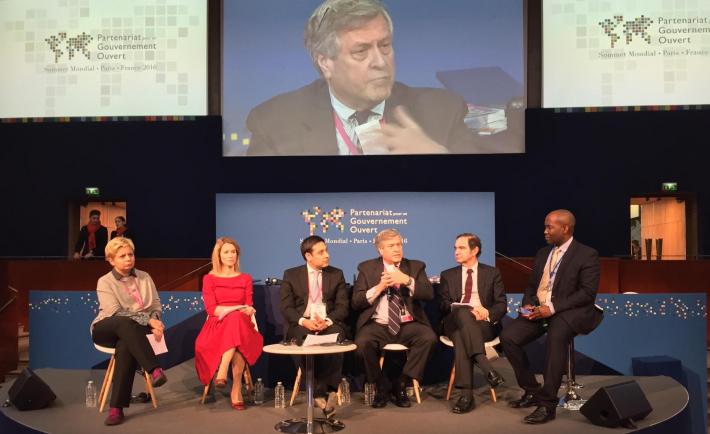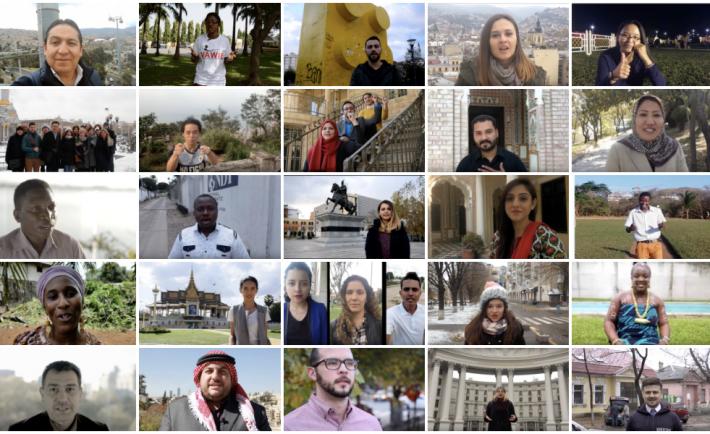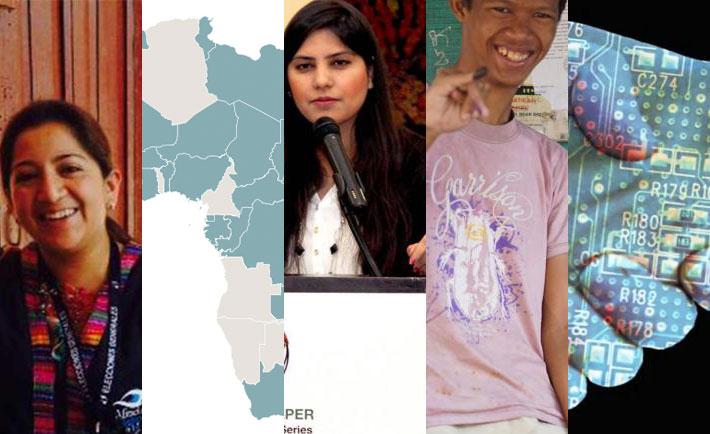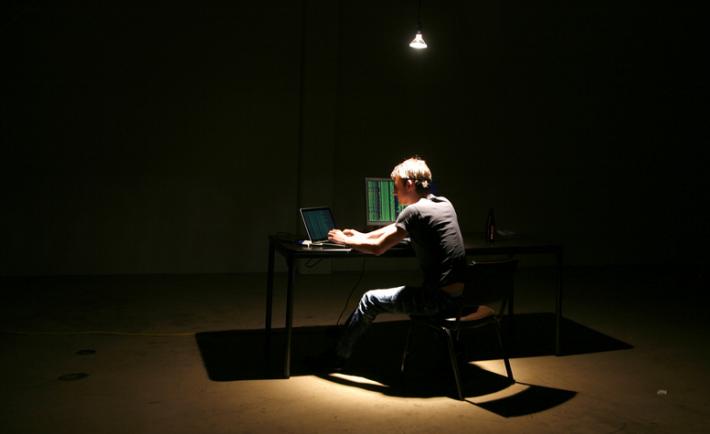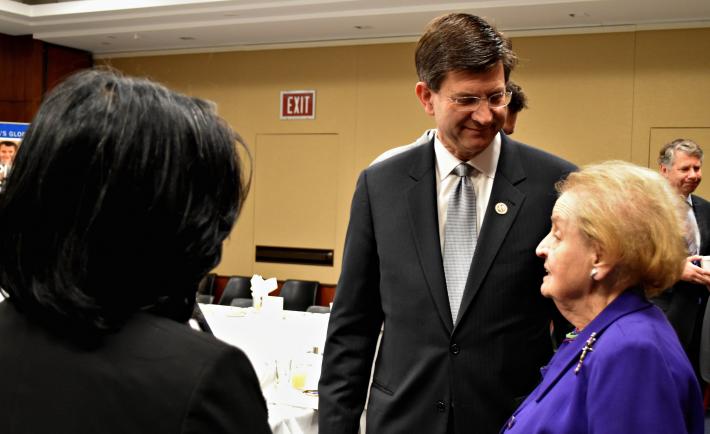
NDI Chairman Madeleine Albright discusses democracy assistance with Representative Brad Schneider (IL-10) and freshman Representative Pramila Jayapal (WA-07)
I’ve seen my share of campaign slogans, and—to my knowledge—democracy assistance has yet to make it to the political mailers. In fact, foreign policy is rarely a key campaign issue for Congressional candidates, who tend to talk about fixing problems at home rather than facing challenges abroad. Yet, when they come to Washington, Members of Congress become essential decision-makers in the foreign policy process that determines America’s place in the world.

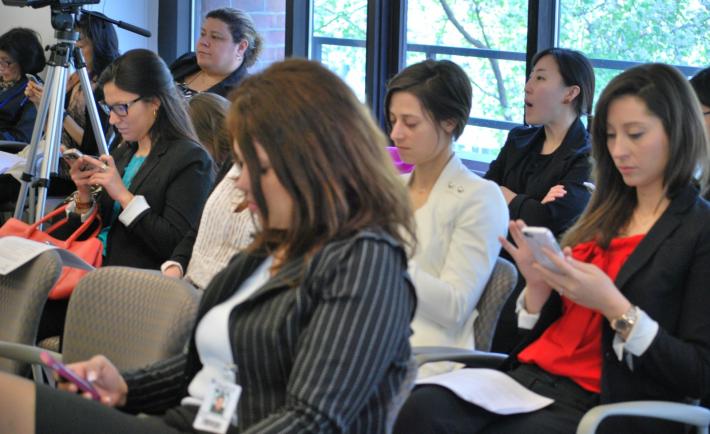
_0_1_0_0_0.jpg)
